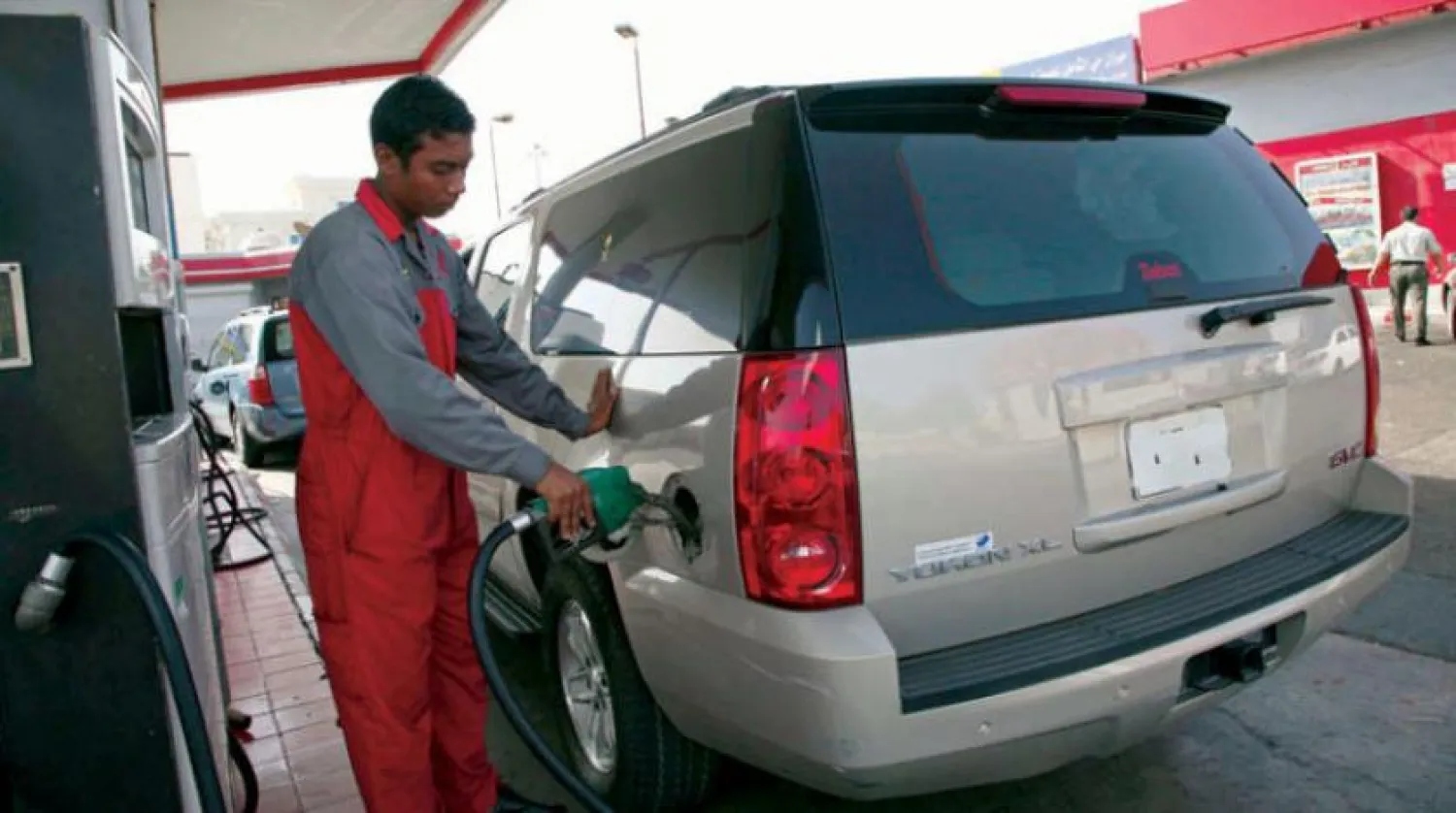Saudi Arabia set a ceiling on gasoline prices, the most widely used fuel to supply vehicles in the Kingdom.
The royal directive stipulates that the state should shoulder any increase over June pricing during the monthly periodical revision of the pricing.
The Executive Committee for Governance of Amending Energy and Water Products' Prices has announced the issuance of a royal directive, setting the prices in June 2021 for gasoline (Octane 91/SR2.18) and gasoline (Octane 95/SR2.33), noting they shall remain as the local ceiling price for gasoline, as of July 10, 2021.
The gasoline price for July 2021 that witnessed an increase (Octane 91/SR2.28) a liter and (Octane 95/SR2.44) a liter will fall under the approved pricing ceiling. However, the periodic revision of pricing shall remain, noting that it shall not exceed the ceiling, reported Saudi Press Agency (SPA).
"This emanates from the keenness of the leadership on mitigating the burdens of the livelihood of citizens as well as residents, and its ongoing seeking to realize the public interest and to reinforce the local economic activity," according to the official statement.
Saudi Aramco, the largest oil exporter in the world, conducts a periodic monthly review of gasoline prices in the local market to reduce the consumer's vulnerability to fluctuations in export prices.
Saudis welcomed the royal directive, and many commented on social media that despite the dire economic conditions in the world, the Saudi leadership supported its citizens.
They asserted the country's leadership always considers the needs of its people and takes measures that can help mitigate any difficult economic conditions.
Also, on social media, Saudi citizens and residents discussed the directive quoting "gasoline price subsidy" on various sites, praising the state decision.
Saudi Arabia wants to develop the infrastructure for fuel supply services in the Kingdom, led by Aramco.
Aramco has succeeded in developing its service stations sector and enhanced its access to retail customers in Saudi Arabia, following its entry into a 50:50 joint venture with Total, based on operating service stations within the Kingdom.









